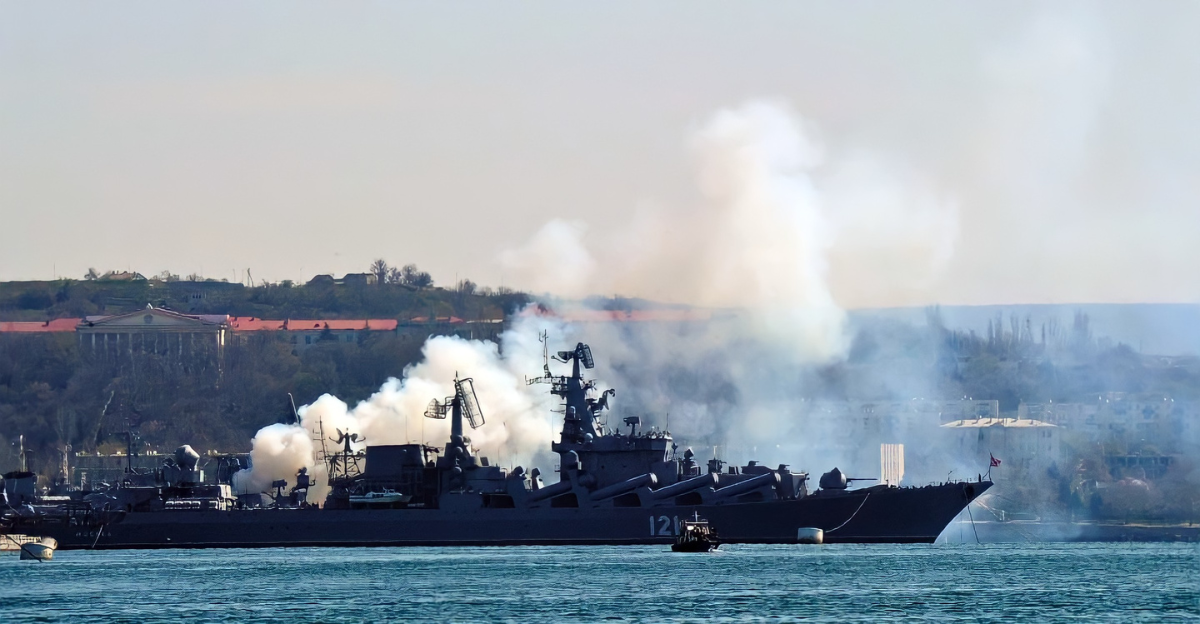
Ukraine’s naval campaign has significantly reshaped the landscape of the Black Sea, delivering a critical blow to Russia’s once-mighty Black Sea Fleet. Analysts note that approximately 40% of Russia’s naval assets have been destroyed or rendered unusable, a staggering defeat described as the largest since World War II. This unforeseen loss has forced Moscow to reassess its naval strategy and military priorities.
As a result, a new era in maritime conflict is emerging, where Ukraine’s actions are not just defensive but pivotal in reshaping regional power dynamics. “The tides have turned,” a Ukrainian naval officer commented, emphasizing the unexpected momentum gained.
A Broader Economic Impact
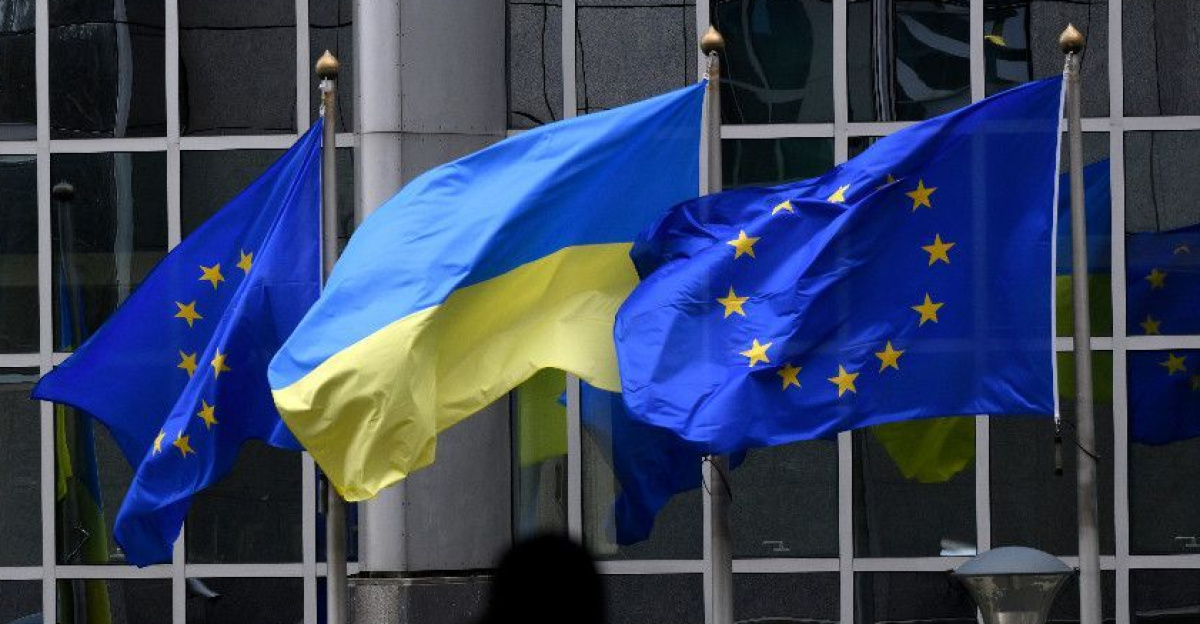
Beyond the military realm, the ramifications of this naval conflict threaten to destabilize global economic systems. With over $1.2 trillion in trade between Russia, the EU, and the U.S. at risk, key markets brace for uncertainty. The volatility in the Black Sea region endangers vital grain exports, which are essential not just for Europe, but for nations across Africa and Asia.
“We’re holding our breath,” said a grain trader in Eastern Europe, fearful of a sudden surge in food prices due to instability. This precarious situation could lead to food shortages and market upheaval, amplifying global dependency on stable trade routes.
The Historic Context
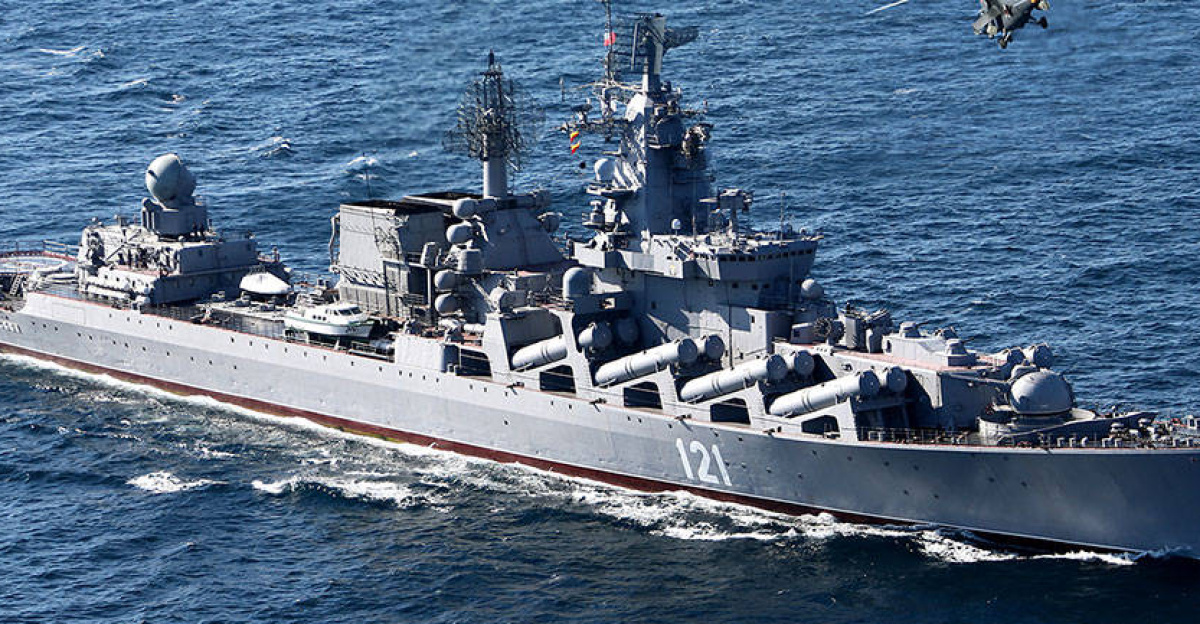
Since Crimea’s annexation in 2014, the Black Sea Fleet has been central to Russia’s regional dominance, symbolizing its military power and control over vital shipping lanes. The naval bases in Sevastopol have long represented a strategic asset for Russia, allowing it to extend its influence. Meanwhile, Ukraine’s comparatively minor navy has employed creative strategies to challenge Russian supremacy.
“We may be outnumbered, but our resolve is strong,” stated a Ukrainian naval commander, highlighting the innovative tactics employed to navigate blockades and confront larger forces effectively. This rivalry forms the backdrop to the ongoing conflict and the emerging trends in naval warfare.
An Escalating Offensive
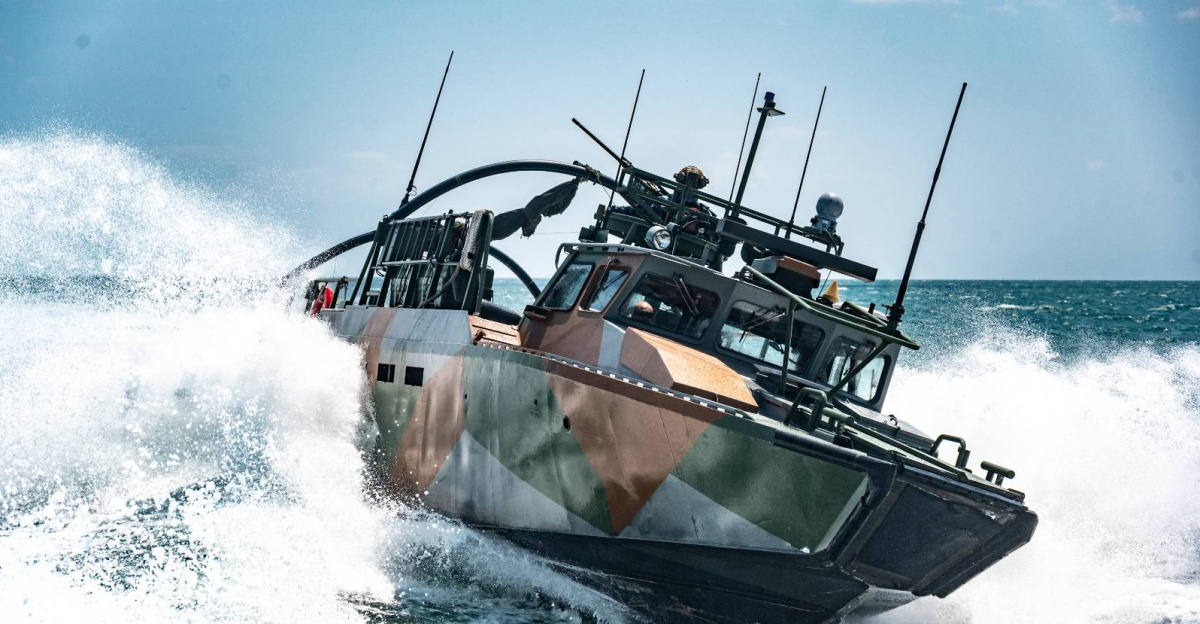
In response to Russia’s full-scale invasion in 2022, Ukraine ramped up its offensive against Black Sea naval assets. Utilizing advanced naval drones, precision cruise missiles, and daring raids, Ukrainian forces waged a campaign that drastically increased Russia’s fleet attrition.
As losses mounted into 2023 and 2024, the situation culminated in a historic withdrawal of Russian troops from key Crimean bases. “We fought not just for our territory, but for our future,” shared a Ukrainian sailor who participated in several successful operations. This relentless pressure has drastically altered the naval balance, as Russia struggles to regain its footing amid significant losses.
Fleet Crippling Unveiled
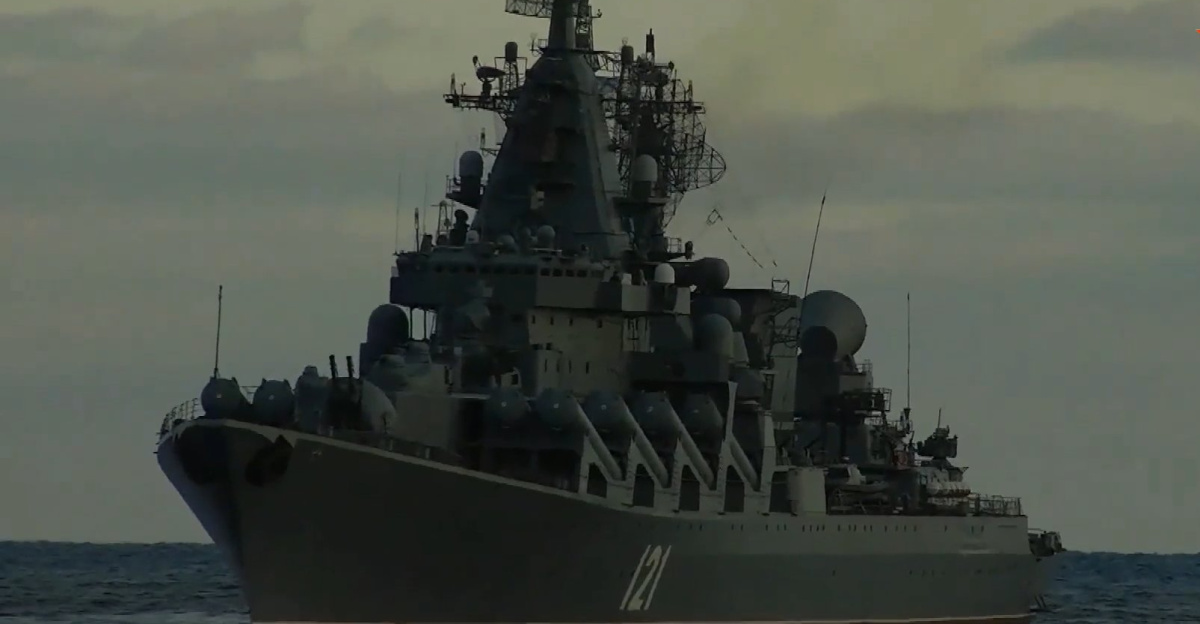
By mid-2025, Ukrainian operations had decimated the Russian Black Sea Fleet, with at least 29 ships, including the flagship cruiser Moskva, destroyed or incapacitated. This strategic blow has left over a third of Russia’s naval force inoperable or forced to relocate further east.
As these losses mounted, Moscow’s confidence in its military capability suffered a severe setback, signaling a dramatic shift in the balance of power. “It felt like we were finally winning,” reflected a Ukrainian officer, capturing the urgency and significance of their operations. This turning point has redefined naval engagement in the region and beyond.
The Ripple Effect

The ramifications of Russia’s naval setbacks extend into global markets, creating a pervasive anxiety regarding grain exports and maritime safety. The loss of marine dominance has exposed grain-carrying vessels to renewed threats, raising alarms for importers in Africa, Asia, and the Middle East.
A farmer in Eastern Ukraine recently remarked, “We depend on safe passage for our crops. Every delay could mean a lost season.” This instability threatens food security and broader economic stability, highlighting how military conflicts can reverberate through global supply chains, impacting lives far from the frontlines.
The Human Toll
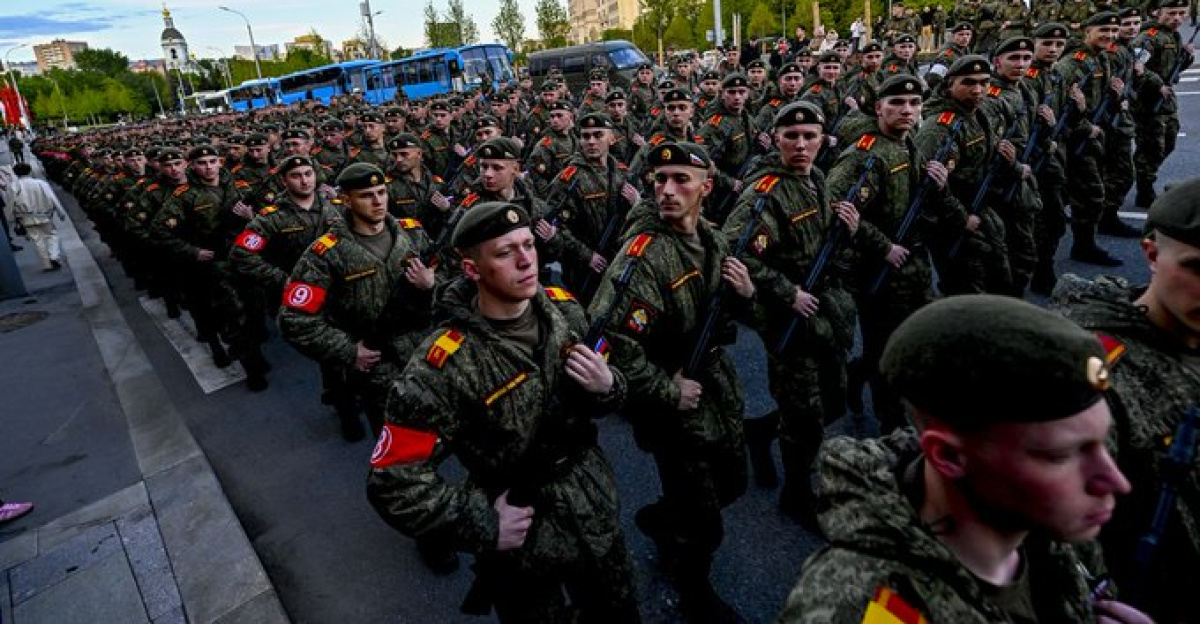
The human cost of this conflict encompasses not only Ukrainian forces but also the families of Russian soldiers. Reports from outlets like BBC and Mediazona indicate that over 108,600 Russian soldiers, including sailors lost aboard the Moskva, have died since the onset of the war.
Survivor accounts reveal a chaotic environment where lives hung in the balance amidst lethal assaults and frantic evacuations. A grieving family member shared, “Every name on the casualty list is a child, a brother, a father. We feel the weight of this war.” Such stories offer a profound insight into the personal tragedies accompanying military engagements.
Moscow’s Naval Response
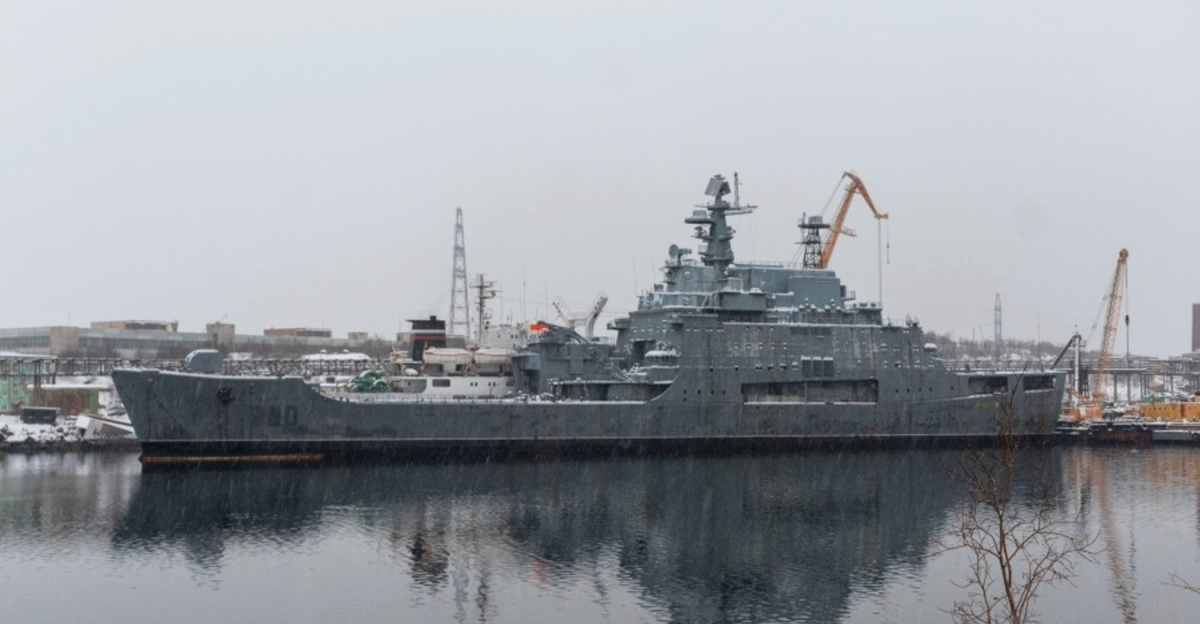
In light of these overwhelming losses, Moscow has attempted to regain its footing by hastily accelerating shipbuilding initiatives, introducing new assault vessels like the Ivan Rogov. However, military analysts caution that these developments may be more symbolic than strategic solutions to the challenges faced.
As Russian ships shift operations away from Crimea, the cost of maintaining naval operations becomes increasingly steep, and the chance to project power diminishes. A Russian maritime strategist lamented, “We have the tools, but not the position to use them effectively,” summarizing the dire situation for the Russian fleet.
Shifting Naval Doctrines
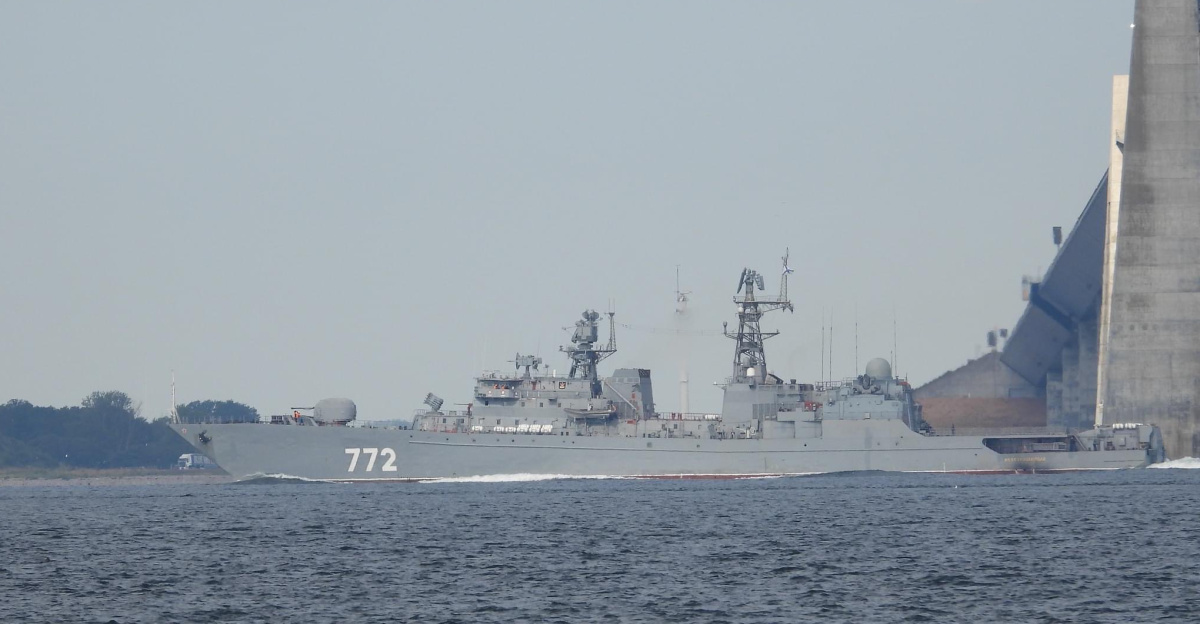
The ongoing Black Sea conflict catalyzes a reassessment of global naval strategies, illustrating traditional fleets’ vulnerabilities against asymmetric tactics. Experts emphasize that Russia’s strategic collapse reveals the risks of relying heavily on conventional naval power in contested environments. “The current landscape calls for a reevaluation,” noted an esteemed maritime analyst.
This shift underscores the need for adaptable strategies and technologies in modern warfare, where heavy vessels may become liabilities rather than assets in high-stakes scenarios, fundamentally changing the way nations interact on the waters.
Nuclear Modernization Delays
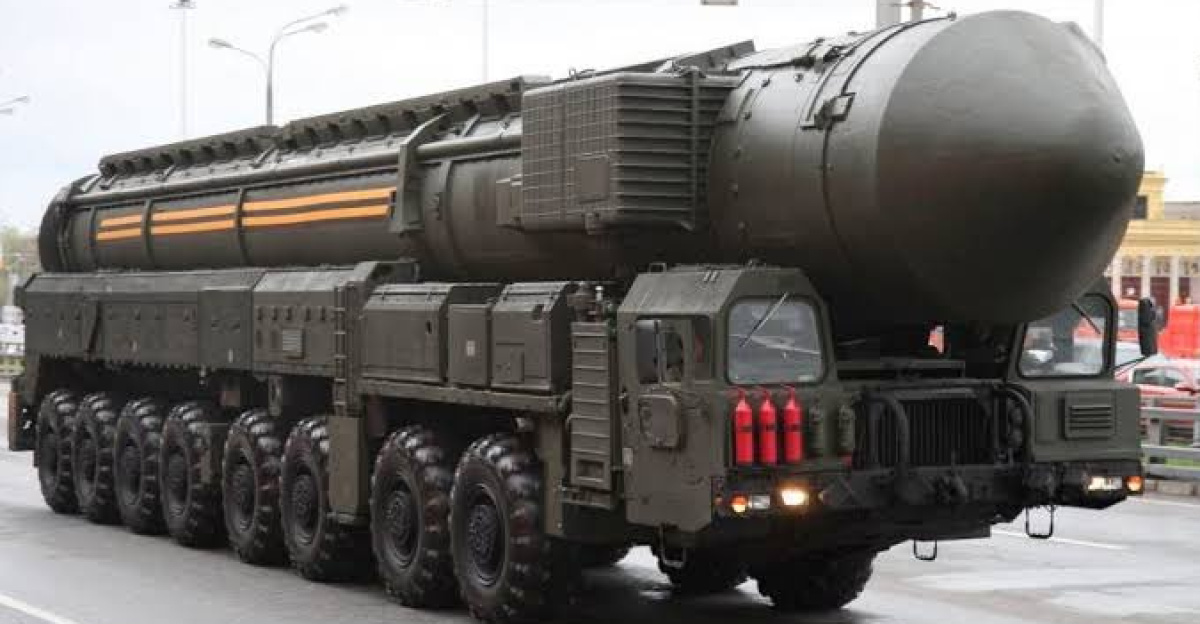
Alongside naval inadequacies, Russia’s modernization of its strategic nuclear arsenal is fraught with setbacks. The expected advancements in systems like the Sarmat ICBM and new generation bombers are significantly behind schedule. Despite possessing a formidable stockpile of 5,460 warheads, many experts assert that the aging technology is undermining Russia’s credibility on the global stage.
“Old systems cannot guarantee security in a new world. Our deterrence is fading,” commented a defense analyst. This unresolved issue creates an additional layer of vulnerability, amplifying concerns over Russia’s overall military strength and readiness.
Rising Discontent
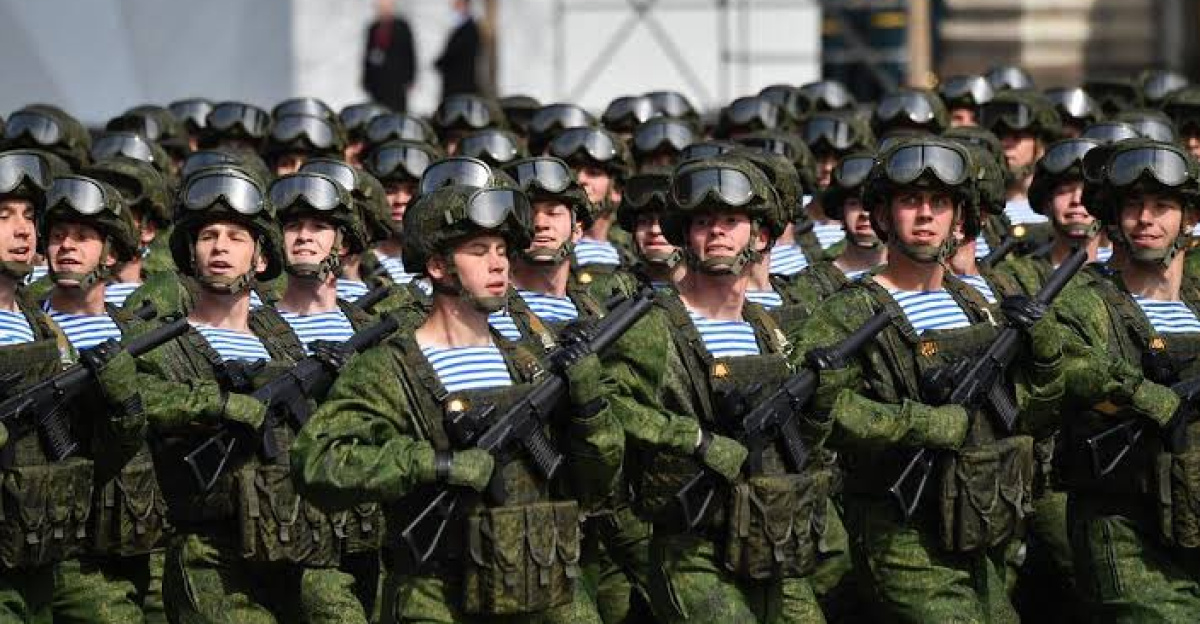
Internally, the Russian populace is witnessing unprecedented military spending, eclipsing 6.3% of the GDP as budgets balloon to $145 billion. With military salaries climbing, economic strains are increasingly palpable among citizens facing inflation and social pressures. “We hear about new ships while our families struggle to afford basic goods,” a frustrated Russian lawmaker said.
This mounting discontent reflects the disconnect between defense priorities and domestic realities, highlighting a critical internal challenge for the Kremlin as it navigates the consequences of an extended conflict on its economy.
Leadership Changes
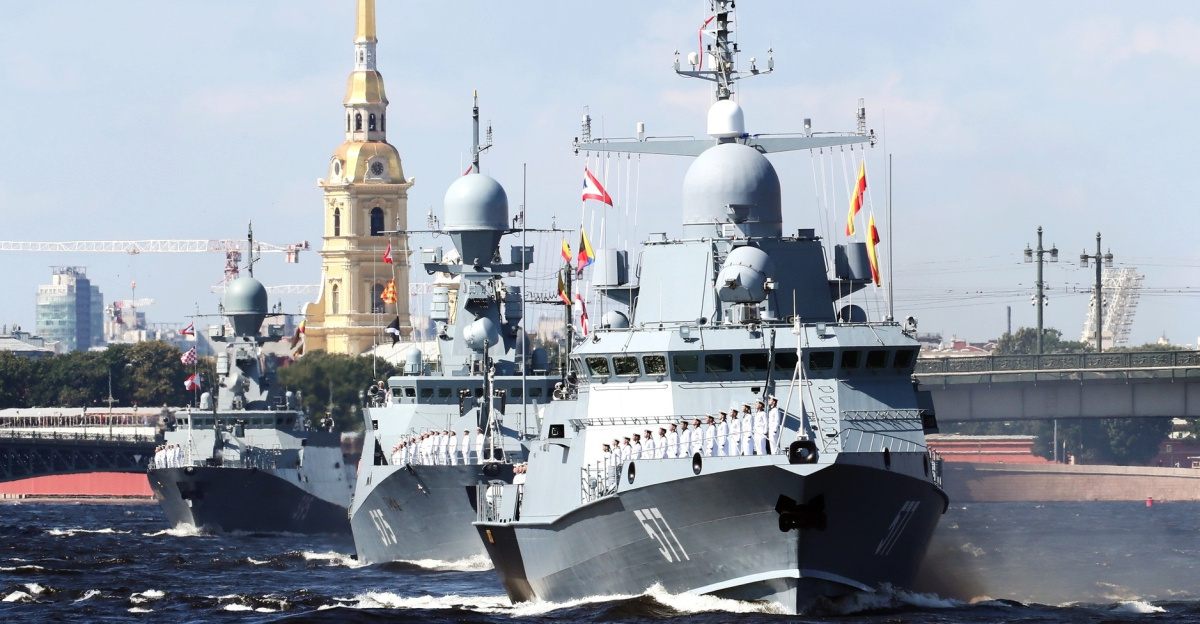
As the naval crisis unfolds, leadership changes in the Russian military reflect mounting criticism within its ranks. Some retired officers, including Rear Admiral Mikhail Petrov, have lamented, “Our navy may have sophisticated technology, but it fails to project power effectively.” This stark admission signals a growing acknowledgment of the strategic failures stemming from the operational realities in the Black Sea.
The internal dialogue is shifting, as voices within the military call for profound reforms to reinstate Russia’s naval stature and adapt to the evolving geopolitical landscape.
Strategic Realignments
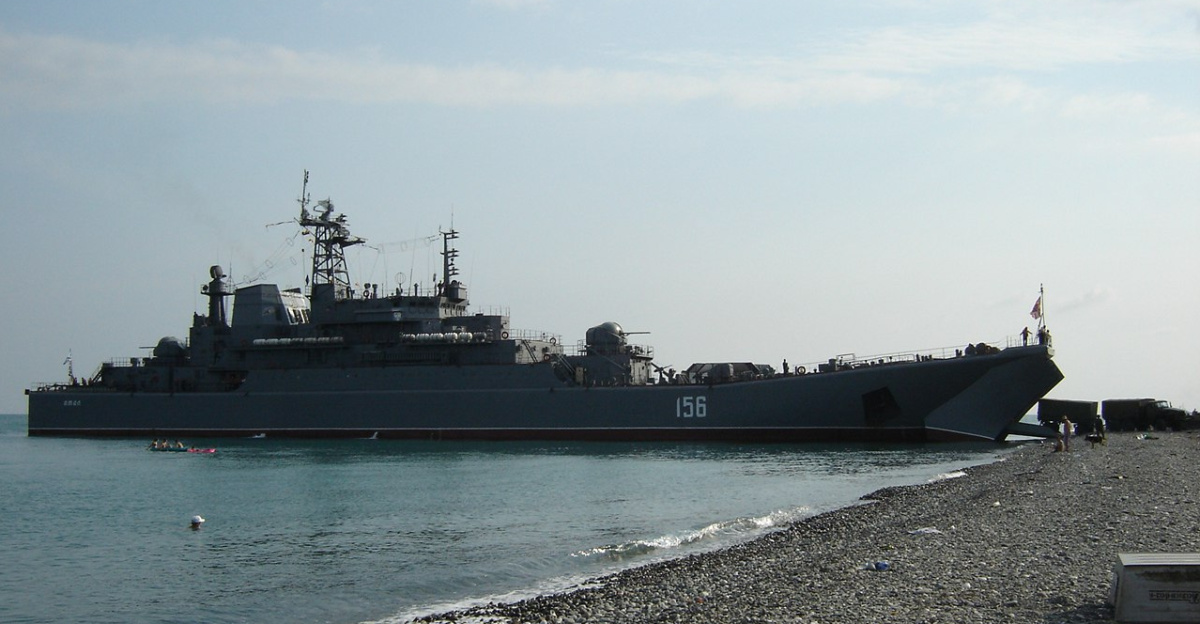
In response to its naval quandary, Moscow has started relocating the remaining ships to Novorossiysk and examining potential new bases, like Ochamchire in Abkhazia. Satellite imagery and reports from Georgian authorities confirm a noticeable uptick in Russian naval activities, albeit far removed from Ukraine’s coast.
A strategic analyst opined, “While they’re moving assets, the advantages of these relocations are questionable.” The focus on establishing new strongholds indicates an adaptive strategy that may not effectively counterbalance the diminishing naval presence in the Black Sea and evolving warfare dynamics.
Expert Skepticism
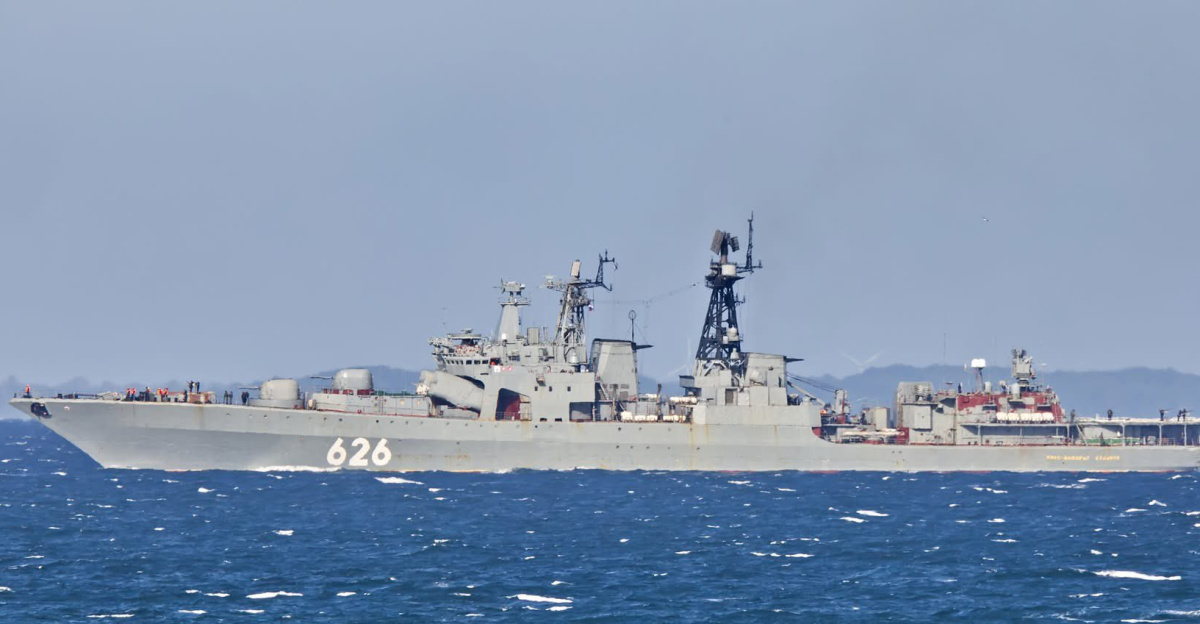
Despite Russia’s intentions to bolster its navy, experts remain skeptical about the efficacy of proposed shipbuilding plans. Analysts argue that the fundamental issues plaguing the Russian navy remain unsolved even with new vessels.
“It’s more of a distraction than a solution,” warned a naval strategy expert, reiterating that tactical adjustments and fleet expansions may not yield the anticipated results against a backdrop of evolving asymmetric warfare. The emphasis on quantity over strategic readiness suggests a precarious future for Russian naval power as conflicts escalate and adapt.
Regional Security Concerns
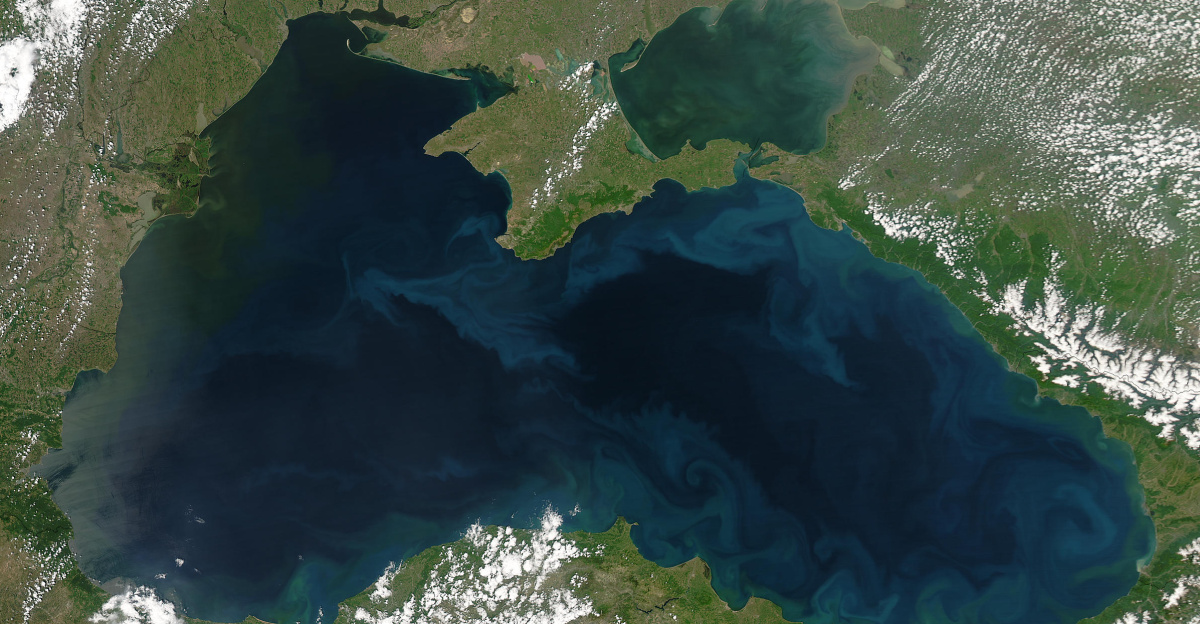
As the Black Sea region remains a hotbed of conflict and uncertainty, neighboring nations are increasingly alarmed about the implications for their security. With Russian naval operations reduced, countries in Eastern Europe and the Balkans are reconsidering their defense strategies.
A Polish defense spokesperson stated, “The naval dynamics here affect every coastal nation. We cannot afford complacency.” The escalation in threats serves as a reminder that regional stability is fragile and dependent on the balance of power in critical waters that impact economic and military considerations beyond the immediate participants.
The Humanitarian Angle
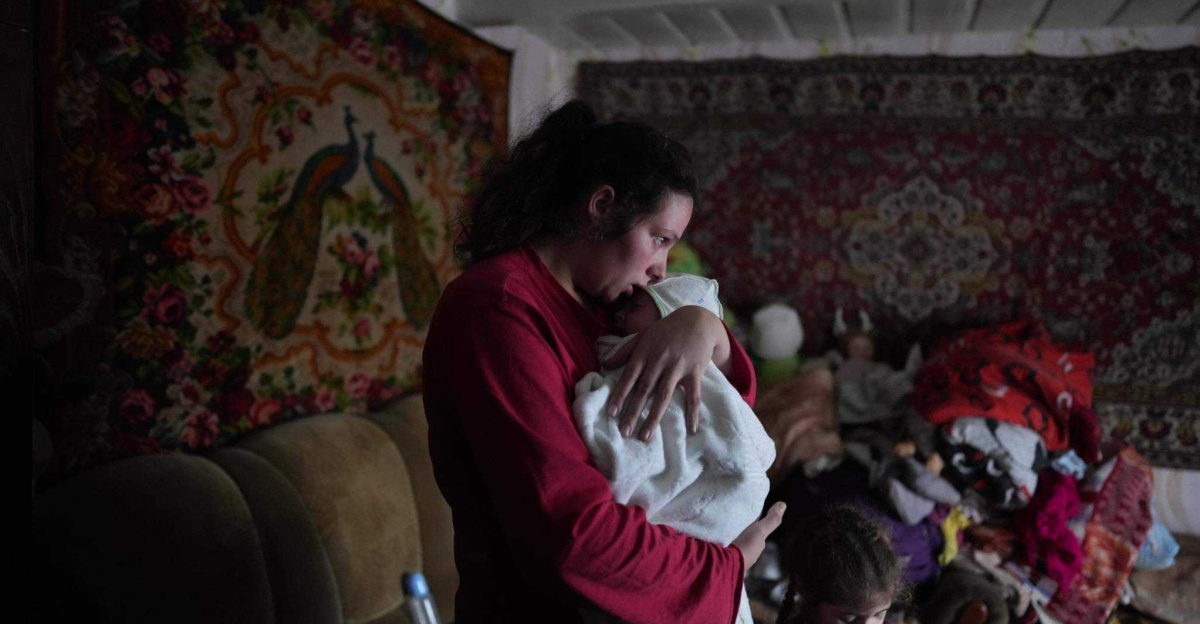
Amidst military and economic turmoil, there lies a pressing humanitarian crisis impacting both Ukrainian and Russian families. Displaced civilians seek refuge as fighting intensifies, forced to leave their homes, crops, and livelihoods behind. A Ukrainian mother shared her heartache, stating, “I fear for my children’s future every day.”
Such sentiments underscore the human cost of conflict that transcends borders, illustrating how broader geopolitical struggles play out in the daily lives of individuals caught in the crossfire and showcase the urgent need for humanitarian assistance and international support.
International Involvement
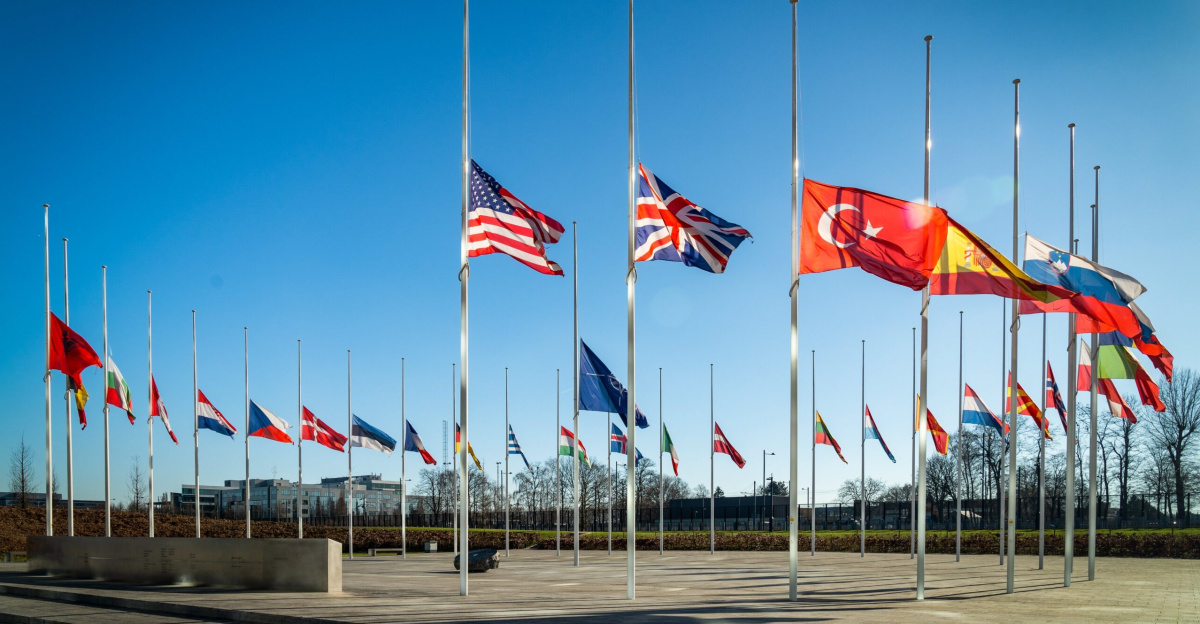
The ongoing conflict has drawn increased attention from international actors, prompting discussions among NATO allies and global powers on regional security. Many countries are contemplating military support for Ukraine, viewing this as a crucial battleground against Russian aggression.
A senior NATO official remarked, “What happens in the Black Sea affects global security.” This heightened involvement marks a significant shift in diplomatic approaches, emphasizing collective security efforts and recognition that the conflict has implications extending far beyond the immediate region, impacting alliances and military strategies worldwide.
A New Era of Warfare
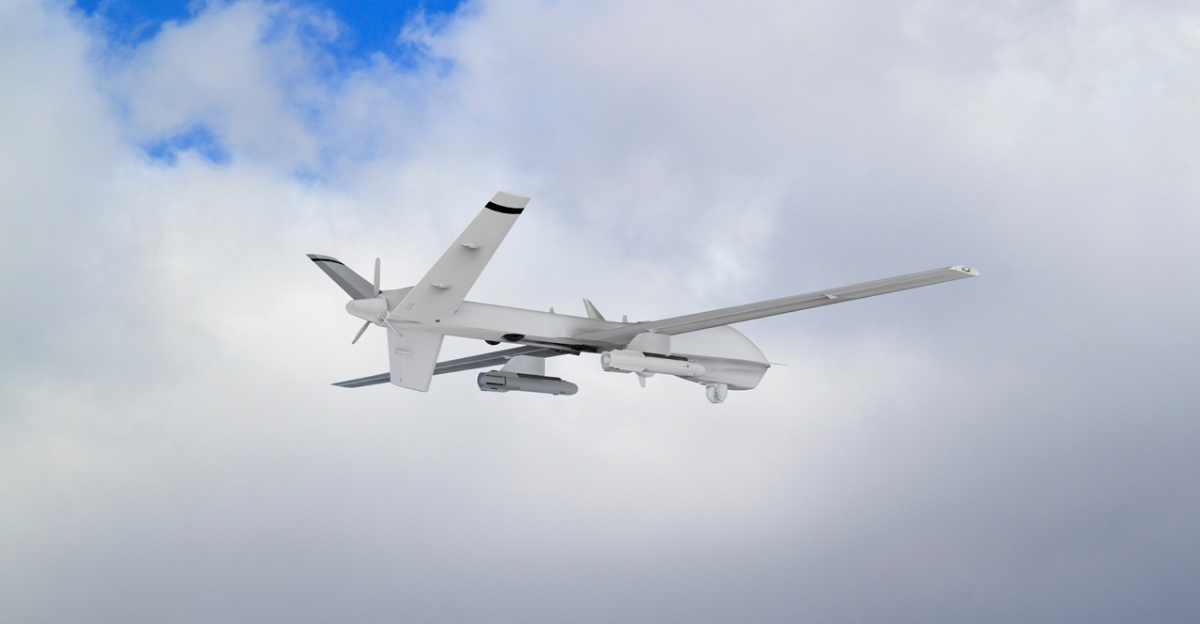
This conflict is ushering in a new era of warfare that extends beyond traditional naval engagements. The emphasis on technological advancements, such as drone warfare and cyber capabilities, transforms military strategies and the rules of engagement at sea.
An analyst noted, “What we’re witnessing is a profound evolution in how naval power is defined.” The requirement for adaptability and innovation speaks to an increasing necessity for militaries worldwide to rethink tactics in contested waters, redefining perceptions of naval strength and power projection in an ever-changing global landscape.
Looking Ahead
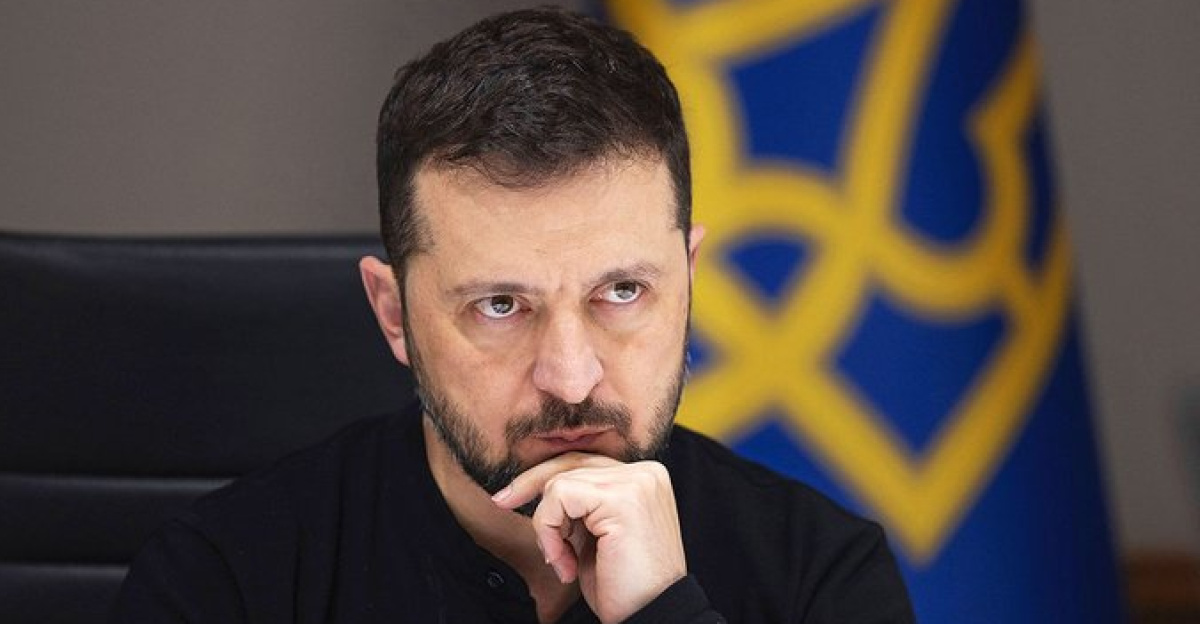
As Ukraine and Russia navigate the complexities of maritime conflict, the future remains uncertain. Both nations face profound challenges with continued pressures on trade routes, shifting military dynamics, and evolving geopolitical landscapes.
A Ukrainian economist warned, “Our economy depends on stability at sea; without it, everyone loses.” The interplay between military outcomes and economic realities is critical as these nations chart their paths and reevaluate strategic interests, emphasizing that the outcomes of this conflict will have lasting implications for the region and beyond.
Conclusion and Reflection

In conclusion, the conflict over the Black Sea has reshaped naval strategies, economic dependencies, and human lives in unprecedented ways. As the balance of power shifts and old doctrines crumble, both nations face new realities that demand adaptation.
The stories of those affected remind us that, at the heart of this turbulent narrative, are individuals whose lives have been turned upside down. “We just want peace,” pleaded a farmer, capturing the essence of human yearning amidst turmoil. The ongoing struggle serves as a somber reflection on the cost of war and the hope for a more stable future.